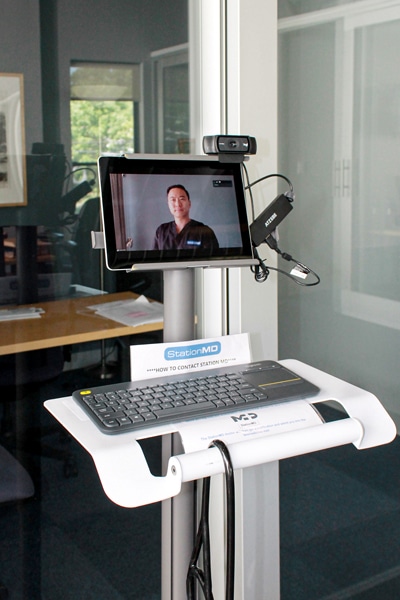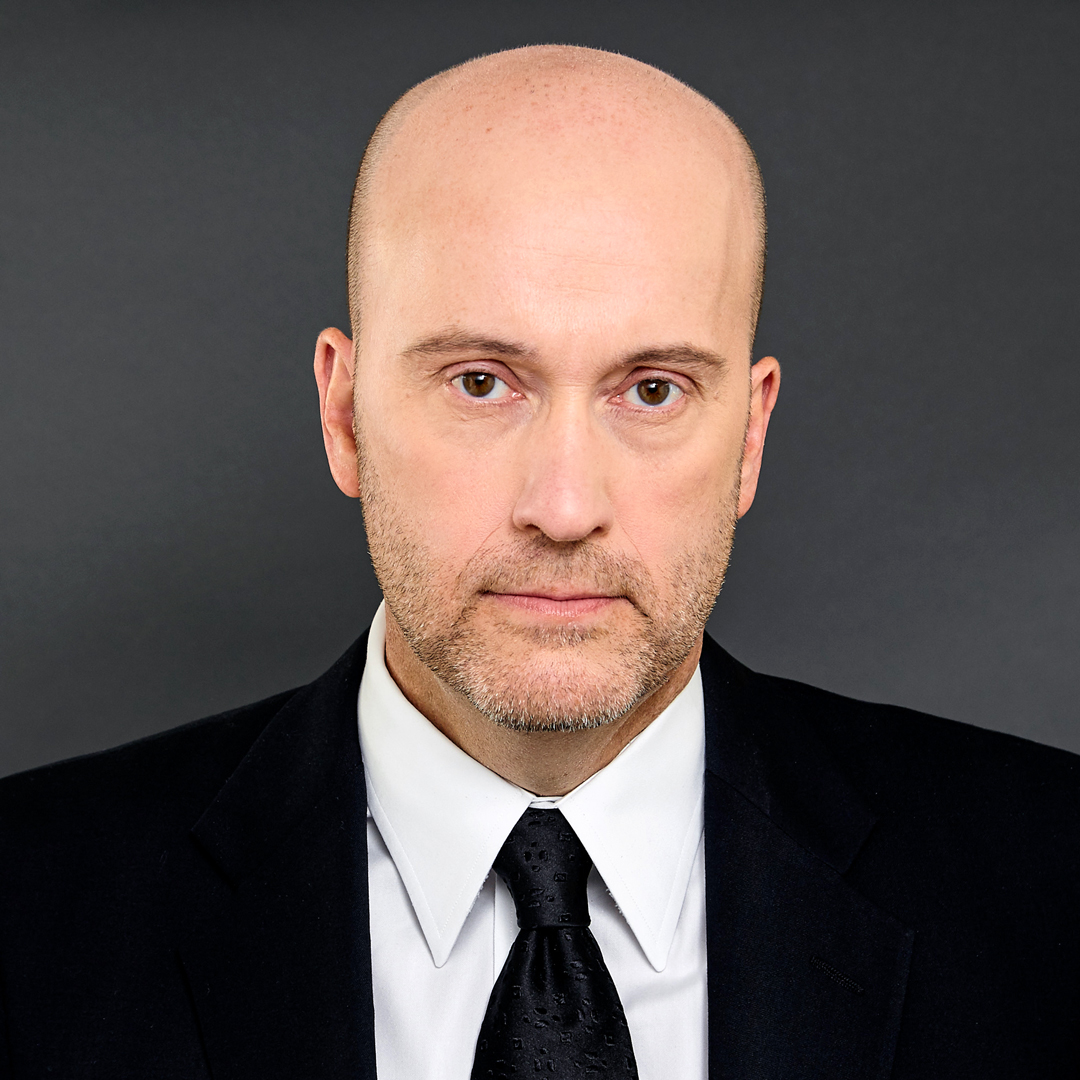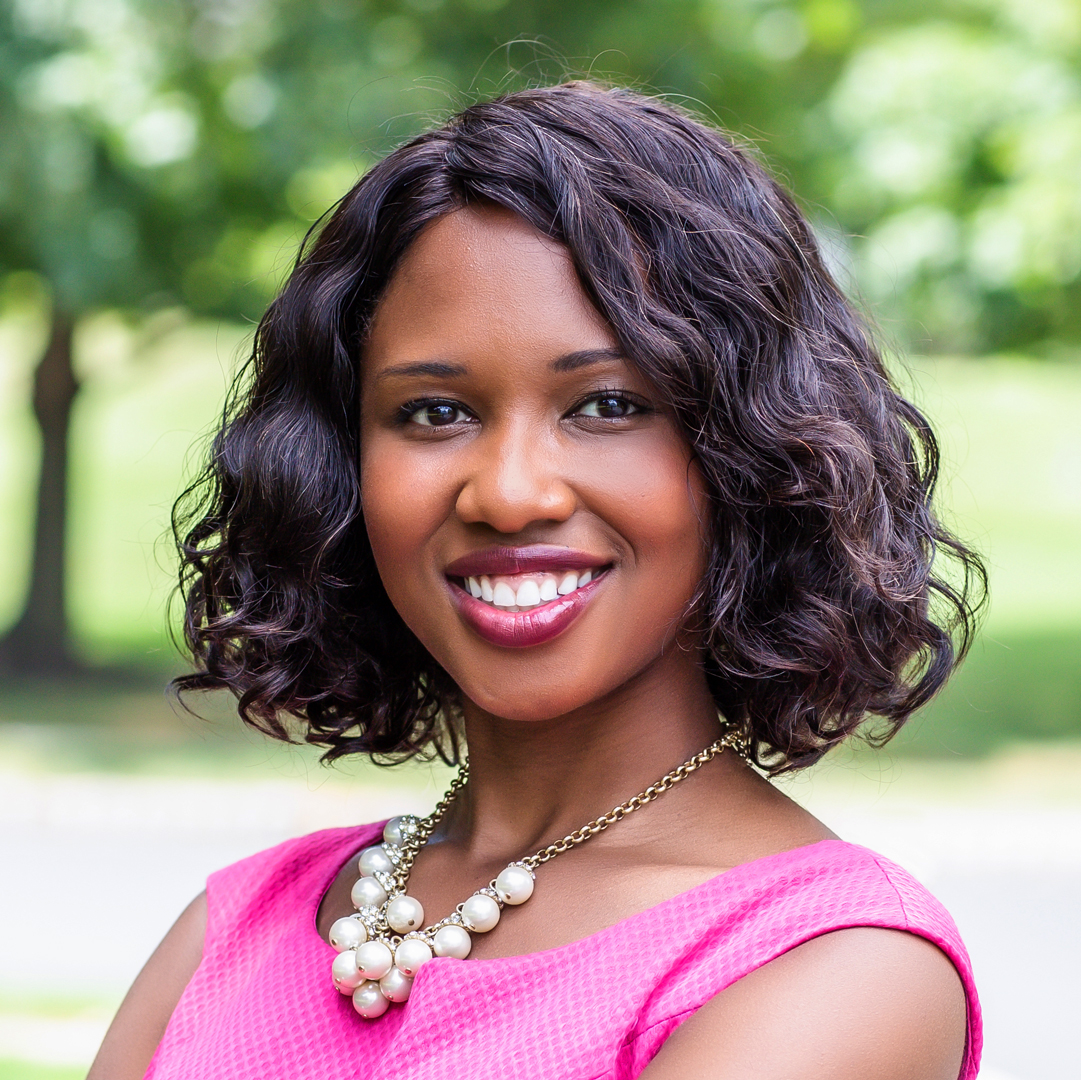Matthew Kaufman says out of all his stories, there is one that best demonstrates what he’s trying to change about healthcare. The ER doctor previously worked in a hospital that was near two residential facilities for individuals with intellectual and developmental disabilities (IDD). A young man with a cough was brought into the ER by his mother and one of the staff members of the facility.
As time progressed, the mother realized it was time for her son’s seizure medication but hadn’t brought it with her. Kaufman said it would be no trouble to write a script for the meds and get them filled in the in-house pharmacy. The process, however, took so long that the young man suffered a seizure while waiting. “We had essentially created another problem on top of the original one, just by virtue of the process this person was forced to go through for a relatively minor cough.”
That story, along with many like it, was what led Kaufman and his partners to found StationMD, a health organization utilizing telehealth capacities to serve vulnerable populations, like those with IDD. Staffed by clinicians trained in best managing care for those with specialized needs, StationMD has harnessed telehealth capabilities to keep patients out of hospitals and in their own communities, avoiding the often unnecessary disruption of vital patient rhythms and routines.

Kaufman says that addressing these needs is just a symptom of a much more challenging issue. “The medical field has done a pretty poor job in educating doctors about people with IDD and the common challenges they face,” the CEO says. “Even in emergency medicine, where you’re trained to treat virtually everything that walks through the door, IDD wasn’t really represented.” One of StationMD’s baseline commitments is designing a curriculum for its team of specialized doctors who treat those with IDD. “This is not a very evolved field in terms of the medical education involved, so we’ve sought out experts to help us design a curriculum and guidelines to ensure we’re doing things in the best way possible,” Kaufman says.
The second and perhaps more troubling issue StationMD is working to combat is the fundamental lack of access to healthcare by those with IDD. “Finding a doctor who specializes in and is comfortable treating those within this population is a rare thing,” Kaufman says. “Access is such a simple concept, and that’s why I believe so strongly in working to improve it.” The CEO expresses great pride in the stable of highly trained doctors who are handpicked by the founders prior to receiving more specialized training.
Kaufman, who is also currently the emergency department director in the New York City area, says his ER experience has placed him at the front line of interfacing between the community and the hospital. In many cases, that has offered a bird’s-eye view of the inadequacies of the system. “It’s not about intention or ill will,” Kaufman says. “This is a systems problem with an often heavily regulated population, yet the instruments that are out there to meet those regulations are very limited.”
It means that the ER becomes the de facto leveling ground for many issues that can cause patients more problems related to the trauma of an ER visit. StationMD’s goal is to take the good and necessary parts of that service and implement them in patient communities, where the likelihood of unnecessary escalation and cascading of issues can be significantly reduced. Kaufman says that doctors unfamiliar with patients with IDD can often order batteries of tests that aren’t necessary, prolonging patients’ wait times and leading to a focus on lab results that have nothing to do with the reason the patient came to the ER in the first place.
Mike Alvaro, executive vice president for affiliate services at Cerebral Palsy Associations of New York State, says his organization’s partnership with StationMD is effective because it empowers caretakers. “Our staff feel empowered that they have a knowledgeable group of clinicians who can support their decisions,” Alvaro says. “It also keeps the staff in the home and avoids the unnecessary expense of hospital visits.”
That sentiment is echoed by CP of NY reimbursement and regulatory compliance VP Deb Williams, who says that while the savings are significant, Kaufman’s team provides so much more. “It’s just better care,” Williams says. “All savings aside, they very much care about the people they’re serving, and it’s evident.”
“Access is such a simple concept, and that’s why I believe so strongly in working to improve it.”
The burgeoning field of telehealth services may still seem like science fiction to some, but Kaufman says that especially for patient populations who can be best served by not having to be thrown off vital routines, the benefits of care are immeasurable. “We’re not employing fancy robots or technology that seeks to solve every single problem,” the CEO says. “We are vying for high quality to the degree that it is still cost-effective.”
Kaufman says StationMD’s goal of utilizing cost-effective technology to expand its services to every single individual with IDD in the US isn’t an unthinkable goal. “We are doctors who are very fortunate to be around at a time when telehealth technology is very affordable,” Kaufman says. StationMD is a company of doctors providing care by using technology, not a group of tech enthusiasts looking for a problem to fix. And if telehealth means fewer mothers spending hours in a waiting rooms, more empowered facility staff, and less crowded ERs, StationMD will continue to innovate care for those who need it most.
Our Guest Editor’s Perspective
StationMD has been a game changer for many individuals with intellectual and developmental disabilities (IDD) in New York City. Through the use of telehealth, Dr. Matt Kaufman and his colleagues have created opportunities for people to be seen in their homes for nonroutine health issues rather than spending hours in an ER.
For the people who live in the residences operated by Constructive Partnerships Unlimited (formerly CP of NYS), StationMD is available in its 125 homes in the five boroughs, and trips to the ER have been cut in half.
The medical team who comes into people’s homes through StationMD has expertise not only in medical conditions but also in special populations. They work with the nursing staff and the direct support professionals to ensure that proper care is given without the hassle of getting to—and waiting in—an ER. Through a grant with the New York State Department of Health, StationMD will soon be available in residences for individuals with IDD throughout New York State.


